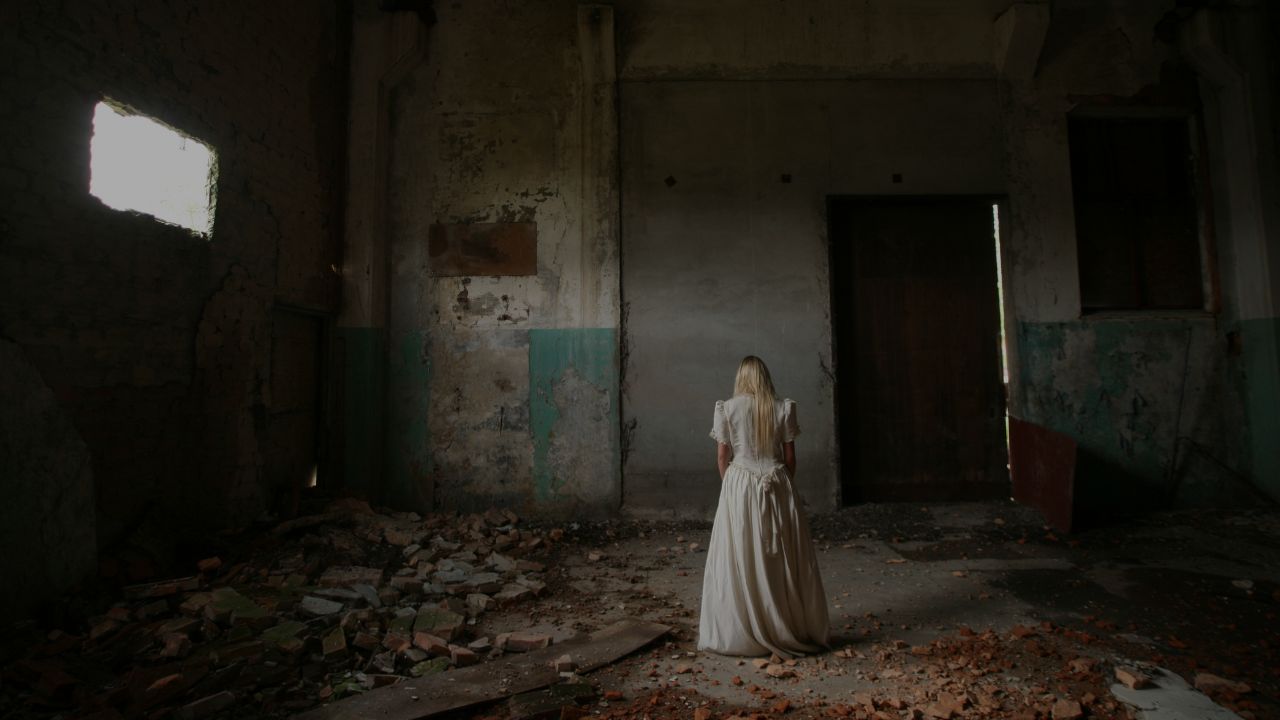NORTH CAROLINA — In 2025, renters across North Carolina are grappling with rising housing costs, making it more important than ever to understand what laws protect them from unexpected or unfair rent increases.
While North Carolina does not offer rent control, the law still requires landlords to follow specific notice rules — and protects tenants from retaliatory and discriminatory actions.
As of this year, the state remains firmly in the category of a “landlord-friendly” state, but that doesn’t mean tenants are without rights.
No Rent Control or Cap on Increases
North Carolina has no statewide rent control laws. In fact, since 1987, the state has prohibited any form of rent stabilization. That means:
- There is no cap on how much a landlord can raise the rent
- Cities and counties cannot pass local rent control ordinances
- Landlords have broad authority to set and increase rental prices, provided they meet notice requirements
According to North Carolina statutes, landlords can raise rent by any amount, so long as they give tenants the required notice and do not do so for retaliatory or discriminatory reasons.
How Much Notice Is Required?
Even though landlords can raise rent freely, they must provide proper written notice before doing so. The notice period depends on the type of lease:
- For month-to-month tenants, landlords must provide at least 30 days’ written notice before the increase takes effect
- For week-to-week tenants, a minimum of 7 days’ written notice is required
- For fixed-term leases (like 6- or 12-month agreements), rent increases are only allowed at the time of lease renewal, unless the lease specifically states otherwise
Important: All rent increase notices must be in writing. Verbal notices are not valid under North Carolina law.
Illegal Rent Increases: What’s Not Allowed
While landlords have broad power, they still must follow basic legal principles. Under state law, the following types of rent increases are illegal:
- Retaliatory increases, such as raising rent after a tenant reports code violations, requests repairs, or organizes with other tenants
- Discriminatory increases, such as raising rent based on a tenant’s race, religion, gender identity, family status, or disability — all of which are protected under state and federal fair housing laws
Tenants who suspect retaliation or discrimination can file a complaint with the North Carolina Human Relations Commission or seek legal help.
Read Also: Rent Hikes in Alabama 2025: Legal Limits, Notice Requirements & Protections
No Recent Legislative Changes to Rent Increase Rules
Although the North Carolina General Assembly has made updates in 2024 and 2025 concerning:
- Eviction procedures
- Housing protections for federal assistance recipients
- Tenancy-in-common arrangements
It’s important to note that no new rent control policies have been introduced or approved. The rules regarding rent increases remain unchanged.
What Tenants Should Do in 2025
If you’re renting in North Carolina, here are steps to stay prepared:
- Read your lease carefully and look for any clauses about rent adjustments
- Ensure any notice you receive is in writing and timely
- Track rent trends in your neighborhood to understand if the increase is market-based
- Document communication with your landlord, especially if you’ve reported problems recently
- Consult a tenant advocacy group or attorney if a rent increase seems suspicious
Have you received a rent increase recently in North Carolina? Share your story at newyorkdailygazette.com and join the conversation — your insight could help others better understand their rights as renters in 2025.







